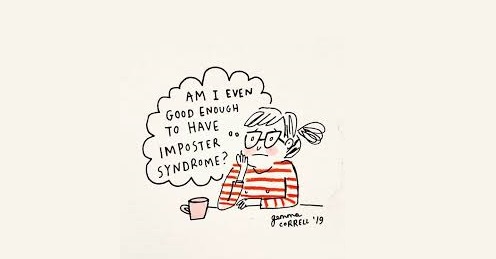Notes on submitting to the International Journal of Art Therapy Prizes
Rachel Preston, winner of the 2018-2020 International Journal of Art Therapy New Practitioner Prize tells us about her experience of writing, submitting and publishing her winning paper and shares her battles with ‘imposter syndrome’ along the way…
Q. What was it like winning the prize? Please tell us a bit about submitting, how you found it, and the process involved for you.
A. I have been invited to write a few words about winning the New Practitioner Prize. I wrote the article as one of the assignments for my master’s degree at Derby University. I found the instructions for completing the assignment were very clear and combined with my experience in writing papers on a variety of subjects while serving in the RAF meant I was confident in the way I wanted to structure the paper. However, I lack belief in my abilities and have suffered with general anxiety disorder and depression for a number of years. As a previous service user of the Armed Forces Department of Community Mental Health service I felt passionately that the Military position of only providing CBT is limited at best and at worst could be potentially damaging. I felt fortunate to be able to put in to words a case for Art Therapy which is something I feel strongly about.
I was encouraged to submit the paper for the essay prize by my university lecturers, but I was uncertain about how it would be viewed by others. I also spoke to Alex McDonald for her advice, she was incredibly supportive and reassured me that the paper would be viewed on its merits. Even so, I struggled to overcome my feelings of inadequacy, only deciding to submit the paper at the latest date.
I was shocked to discover I had been selected as the prize winner. I asked someone else to read the email to check I was not mistaken. I was incredibly proud to be selected. Winning the prize has provided me with a sense of achievement and validation that I have not previously experienced.
The peer review process prior to publication was a bit daunting and I found that I struggled to distance myself from some of the comments and accept that the critical feedback was on the paper and not about me. The rational me knows that this is the case but the inner child who is never good enough needed a lot of care and reassurance. I am unsure how ubiquitous this feeling is but I suspect it is one that is shared by some other authors.
Following publication, I have been approached by a small number of art therapists who have expressed an interest in the article. Some share the desire to undertake a clinical research trial of art therapy in a DCMH. Unfortunately, a formal approach to the Defence Medical Services was rebuffed earlier this year. However, I am still hopeful that the situation may change.
Rachel Preston – Prize Winner, 2018-2020
Find out more about the prizes